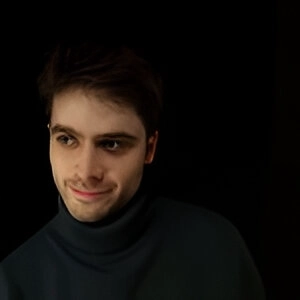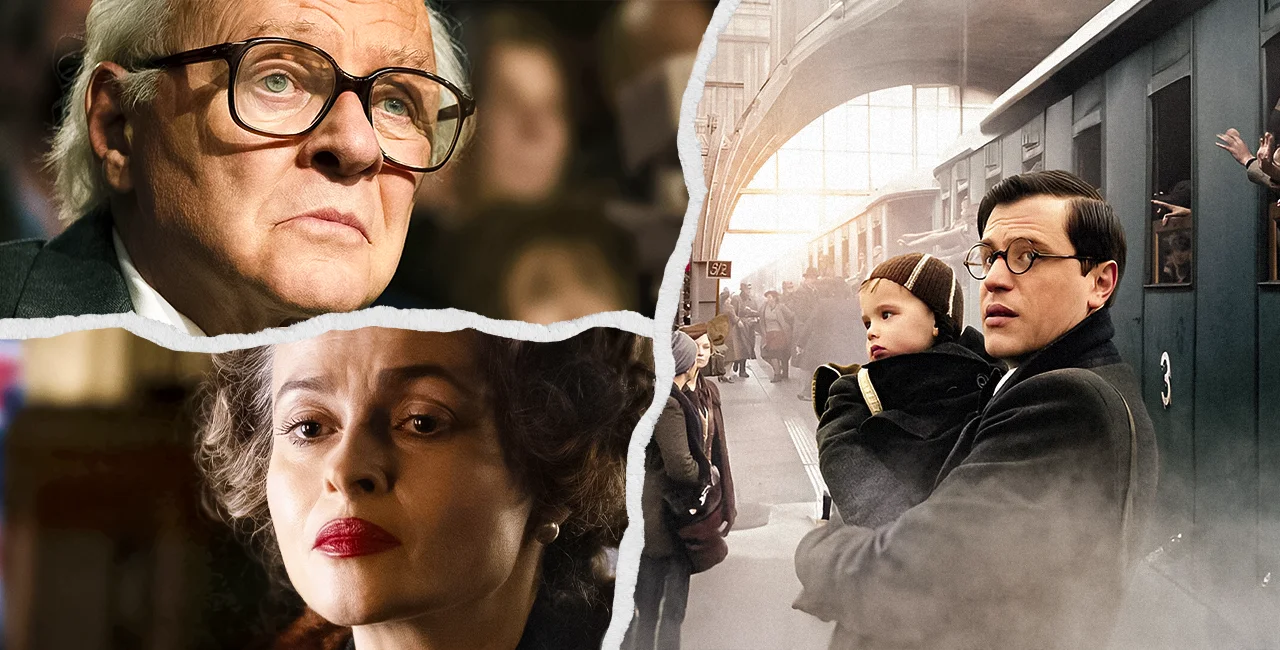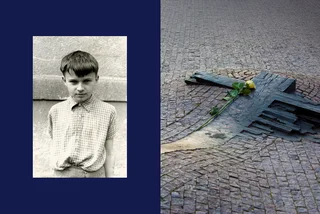Now screening in Czech cinemas, One Life tells the inspiring tale of Nicholas Winton’s efforts to save hundreds of Jewish Czechoslovak children in an emotional, if somewhat uninspired and predictable drama.
The story of Sir Nicholas Winton, the London stockbroker nicknamed the “British Schindler” who organized his own ”Kindertransport” from Czechoslovakia on the eve of World War II, is a well-known one today among both the Czech and British public.
And despite several Czech movies and some documentaries looking at his incredible actions, which helped save the lives of some 669 (predominantly Jewish) children under the threat of Nazi invasion in 1938-39, it had yet to be adapted to the big screen for international audiences.
The 'British Schindler'
“He who saves one life saves the world entire” is the quote from the Talmud (the central text of Rabbinic Judaism) – and the Qur’an – that serves as the basis for the movie’s title, a quote which coincidentally also appears in Schindler’s List.
If that is so, young "Nicky" Winton saved the world several times, and it was high time his story be told and shared with audiences worldwide – although the endeavor itself proves delicate considering Winton’s decades-long reluctance to publicize what he did or view it as heroic.
One Life is a clear, straightforward, and emotional tribute to what Winton achieved, also featuring the physically backbreaking and emotionally draining work of many others, not least of all his tenacious mother, played by Helena Bonham Carter, or those like Doreen Warriner (convincing performance by Romola Garai) who worked from Prague at much more considerable personal risk.
Alternating between two different timelines, we first see Winton in his old age, egged on by his wife Grete – played by the excellent Lena Olin – to finally put some much-needed order to his untidy study, overrun by sprawling files and documents, many of them, we are brought to believe, a testament to the relentless charitable actions undertook by Winton throughout his life.
Among them, guiltily tucked away in a bureau drawer, the scrapbook with the pictures and other materials about the 669 children Winton saved from Nazi-occupied Czechoslovakia in the late 1930s; a keepsake Winton – out of humility for what he did and a sense of guilt for not having done more – appears at first unwilling to confront, but which will eventually find its way into the right hands.
Hopkins’ single-handed talent and pleasant onscreen chemistry with Olin are crucial to breathing life and gentle kindness into those scenes of rural English retreat and very British stoic introspection.
Through sometimes clumsy flashbacks, we then see a young Winton – played by Johnny Flynn – travel to Prague in the wake of the “Munich betrayal” and annexation of the Sudetenland by Nazi Germany to help with the plight of refugees, many of them children living in squalid conditions and unlikely to survive the coming winter.
The banality of kindness
As the threat of Nazi invasion looms larger, Winton puts together an ambitious plan to evacuate as many Jewish children as possible, overcoming a critical lack of resources, general apathy, parents’ skepticism, and daunting bureaucratic requirements to find them new foster homes in the UK.
While critical to grasp the scope of what was achieved, those scenes – often filled with heavy-handed, even cheapish sentimentalism – lack depth and character, appearing like non-descript, generic footage from any number of World War II-era television docu-drama (the movie is co-produced by BBC Film, and director James Hawes is better known as a small screen director).
And yet, despite a predictable feel-good script, cliched dialogues, and unmemorable historical visuals, it somehow clicks and falls into place, bringing tears and sobs to viewers as the movie conventionally makes its way to the last and emotionally charged third act. This sequence sometimes appears as the sole justification and purpose of what came before.
As if invisibly stamped with the “faith in humanity restored” seal, One Life shows that goodness, too, can be ordinary, banal, even bureaucratically dull – the movie would make for a stimulating double-feature with currently screening The Zone of Interest, showcasing the banality of evil in the shadows of Auschwitz, where many of “Nicky’s children” might have plausibly ended up.
One Life is an average film about a remarkable story of quiet and unassuming heroism; it is a somewhat uninspired retelling of a tale inspiring us to seek and bring goodness where we can; it is also a predictable movie about hundreds of children whose fate was anything but certain.
But not least, because of Hopkins’ subtle and moving performance, One Life still manages – conventionally but efficiently – to harness the power of the incredible story on which it’s based.
What other critics write
- Peter Bradshaw The Guardian: “You’d need a heart of stone not to be touched by this extraordinary true story of Nicholas Winton, the ‘British Schindler,’ and by the simplicity and heartfelt directness with which it’s told.”
- Clarisse Loughrey in The Independent: “The film’s narrow, near-obsessive focus on rewarding Winton’s humility both lessens the profundity of his heroism and plays too conveniently into populist British cinema’s obsession with stoicism.”
- Jason Pirodsky in The Prague Reporter: “This is not a story about great suffering and inhumanity, but a simple one about a single kind person. Like its hero, One Life represents a quiet appeal to do good in the world.”
One Life is now playing in cinemas around Prague.












 Reading time: 4 minutes
Reading time: 4 minutes 






















